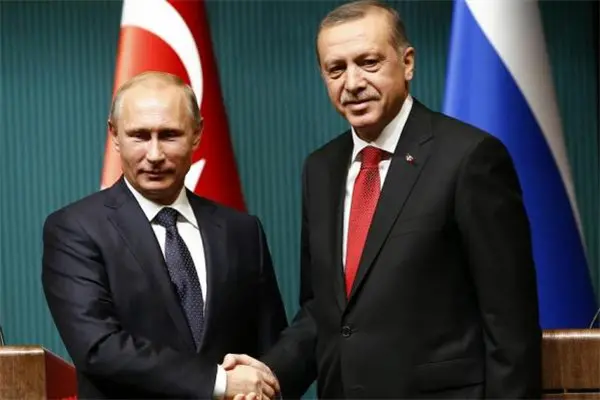Monday's murder of Russia's Ambassador to Turkey may help strengthen the interaction among Moscow, Ankara and Iran in their joint efforts to counter global terrorism, Russian experts believed.
Ambassador Andrei Karlov was shot dead by an off-duty Turkish policeman when attending an art gallery in Ankara late Monday, which Moscow has described as a terrorist act.
Both Russian President Vladimir Putin and Turkish President Recep Tayyip Erdogan have condemned the aggression as an attempt to derail the normalization of Russian-Turkish relations. But experts believed the assassin and those behind the crime would only achieve the opposite.
"I believe the incident will not only fail to damage the interaction, which is being established, but will also allow focusing on the real issue, on combating international terrorism," Amur Gadjiev, an expert of the Institute of the Oriental Studies of the Russian Academy of Sciences, said in an interview with Xinhua.
In particular, Gadjiev said, the attempt was aimed at derailing meetings among foreign and defense ministers of Russia, Turkey and Iran, who are currently meeting in Moscow on the Syria crisis.
Fyodor Lukyanov, Chief Editor of the Russia in Global Politics magazine, expressed a concurring view.
"It is difficult to say now, but most likely, the incident will affect the level of interaction between Russia and Turkey on Syria, and perhaps even positively," he told Xinhua.
In the West, there were forces that are not happy to see the reinforcement of Russia in the Middle East and rapid progress of Russian-Turkish relations, as well as of Turkish-Iranian interaction with the mediation of Russia.
"The murder was committed by people who are staunch opponents of the Russian policy in the Middle East. They wanted to demonstrate its total rejection," said Lukyanov.
Some Persian Gulf countries and the West have certain influence in the Middle East, but their control over some "illegal terrorist groups" are limited, while Russia and Turkey have shown that they can come to terms on the Syrian issue, Gadjiev noted.
Both leaders of Russia and Turkey have agreed to work on a possible meeting between Syrian President Bashar al-Assad and opposition in Astana, Kazakhstan.
The format of the proposed talks in Astana shows that Russia and Turkey have not only found ways of interaction, but also solutions to regional problems, thus bypassing the West, Gadjiev added.
As this goes against the wishes of the West, it will continue putting spokes in the wheel, he concluded.
(APD)
 简体中文
简体中文





